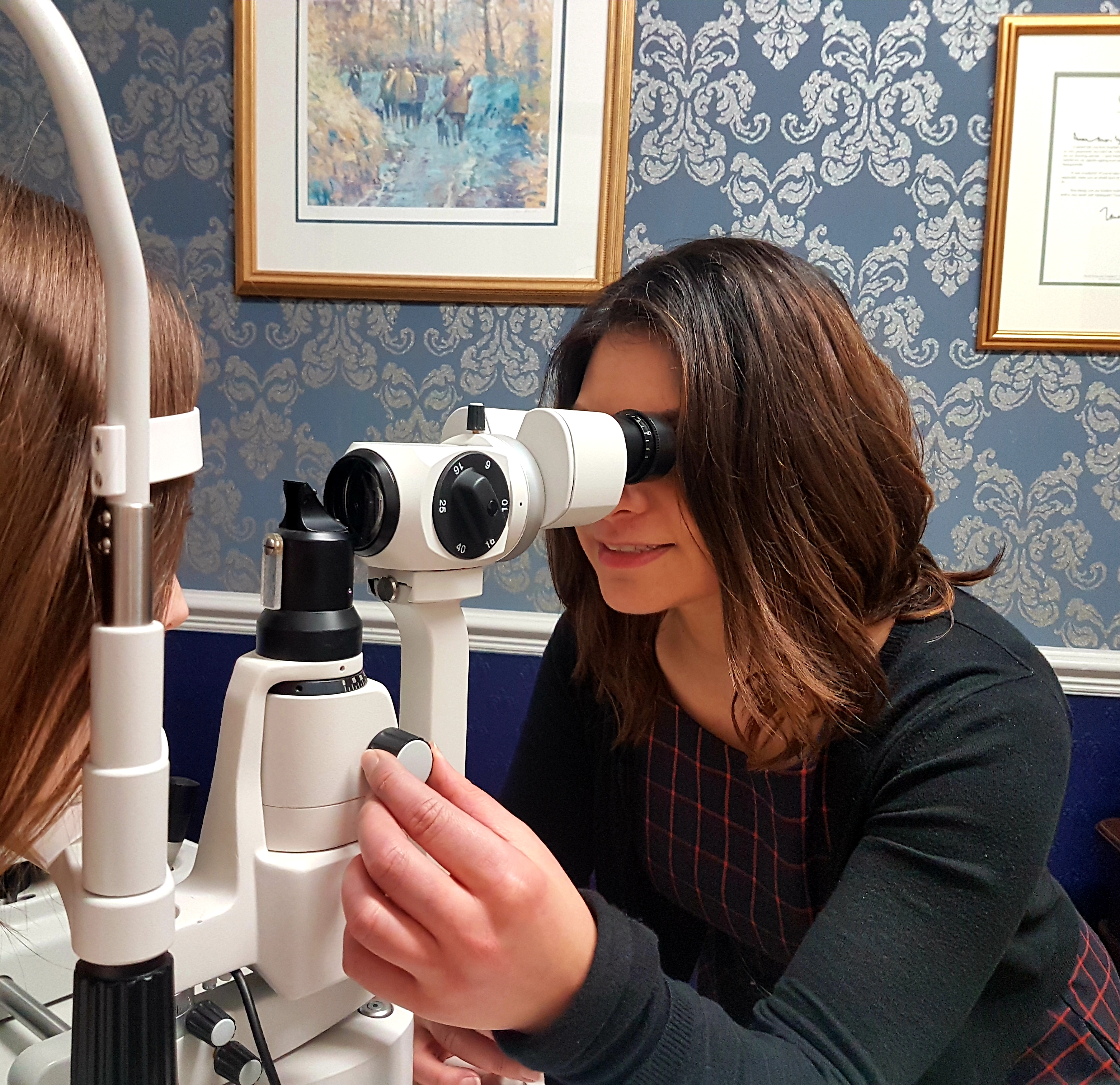Introduction
The Data Protection Act 1998 (DPA) requires a clear direction on policy for security of information within the practice and provides individuals with a right of access to a copy of information held about them.
The practice needs to collect personal information about people with whom it deals in order to carry out its business and provide its services. Such people include patients, employees (present, past and prospective), suppliers and other business contacts. The information we hold will include personal, sensitive and corporate information. In addition, we may occasionally be required to collect and use certain types of such personal information to comply with the requirements of the law. No matter how it is collected, recorded and used (e.g. on a computer or on paper) this personal information must be dealt with properly to ensure compliance with the Data Protection Act 1998.
The lawful and proper treatment of personal information by the practice is extremely important to the success of our business and in order to maintain the confidence of our service users and employees. We ensure that the practice treats personal information lawfully and correctly.
This policy provides direction on security against unauthorised access, unlawful processing, and loss or destruction of personal information.
See also: Freedom of Information Act
1.0 Data Protection Principles
- We support fully and comply with the eight principles of the Act which are summarised below:
- Personal data shall be processed fairly and lawfully.
- Personal data shall be obtained/processed for specific lawful purposes.
- Personal data held must be adequate, relevant and not excessive.
- Personal data must be accurate and kept up to date.
- Personal data shall not be kept for longer than necessary.
- Personal data shall be processed in accordance with rights of data subjects.
- Personal data must be kept secure.
- Personal data shall not be transferred outside the European Economic Area (EEA) unless there is adequate protection
2.0 Employee Responsibilities
- All employees will, through appropriate training and responsible management:
comply at all times with the above Data Protection Act principles - Observe all forms of guidance, codes of practice and procedures about the collection and use of personal information
- Understand fully the purposes for which the practice uses personal information
- Collect and process appropriate information, and only in accordance with the purposes for which it is to be used by the practice to meet its service needs or legal requirements
- Ensure the information is correctly input into the practice’s systems
- Ensure the information is destroyed (in accordance with the provisions of the Act) when it is no longer required
- On receipt of a request from an individual for information held about them by or on behalf of immediately notify the practice manager
- Not send any personal information outside of the United Kingdom without the authority of the Caldicott Guardian / IG Lead
- understand that breaches of this Policy may result in disciplinary action, including dismissal.
3.0 Practice Responsibilities
The practice will:
- Ensure that there is always one person with overall responsibility for data protection. Currently this person is Lynda O’Connor, should you have any questions about data protection
- Maintain its registration with the Information Commissioner’s Office
- Ensure that all subject access requests are dealt with as per our Access to Medical Records policy
- Provide training for all staff members who handle personal information
- Provide clear lines of report and supervision for compliance with data protection
- Carry out regular checks to monitor and assess new processing of personal data and to ensure the practice’s notification to the Information Commissioner is updated to take account of any changes in processing of personal data
- Develop and maintain DPA procedures to include: roles and responsibilities, notification, subject access, training and compliance testing
- Display a poster in the waiting room explaining to patients the practice policy (see below)
- Make available a brochure on Access to Records for the information of patients.
- Take steps to ensure that individual patient information is not deliberately or accidentally released or (by default) made available or accessible to a third party without the patient’s consent, unless otherwise legally compliant. This will include training on confidentiality issues, DPA principles, working security procedures, and the application of best practice in the workplace.
- Undertake prudence in the use of, and testing of, arrangements for the backup and recovery of data in the event of an adverse event.
- Maintain a system of “Significant Event Reporting” through a no-blame culture to capture and address incidents which threaten compliance.
- Include DPA issues as part of the practice general procedures for the management of risk.
- Ensure confidentiality clauses are included in all contracts of employment.
- Ensure that all aspects of confidentiality and information security are promoted to all staff.
- Remain committed to the security of patient and staff records.
Lynda O’Connor
Practice Manager

Using a combination of traditional methods and the very latest equipment, we aim to give you the best possible vision for all your requirements and ensure the health of your eyes.
Our optometrists each have only a small number of appointments per day, ensuring that every patient is given plenty of time and that all assessments can be done by the optometrist, not by unqualified staff.
Flint & Partners aim to put you, the patient, first - Call us on: 01902 422 096
We strive to offer you the best service, range of frames and lenses, technical know how and expertise to ensure your experience with us exceeds your expectations. As an industry award winning practice, you are in good hands with Flint and Partners. You can get in contact with us by either: phone, email or visiting one of our four practice locations.
